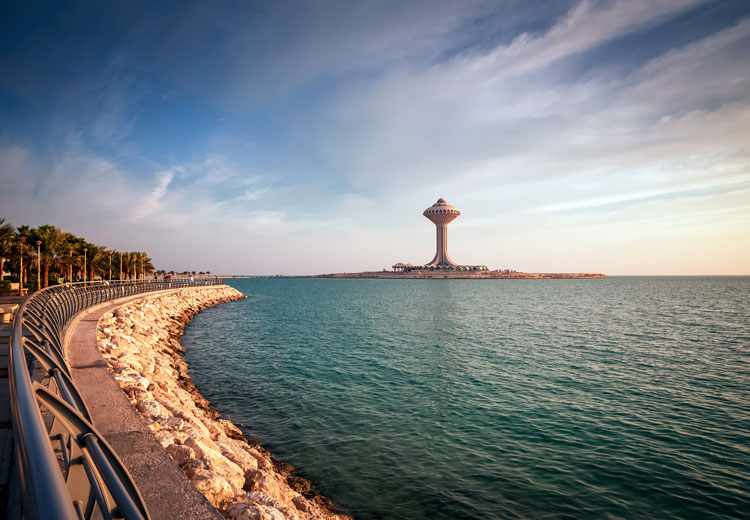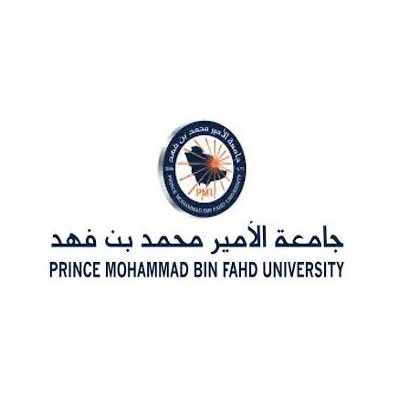The forefront of water purification science in Saudi Arabia

Sponsored by

Sponsored by

Prince Mohammad Bin Fahd University is pioneering innovative water purification technologies to bolster Saudi Arabia’s efforts toward economic diversification
Saudi Arabia’s strategy for economic diversification involves reducing dependence on fossil fuels and promoting the growth of more sustainable economic sectors. An aspect of this mission is to shift its reliance on non-renewable groundwater from deep fossil aquifers to more sustainable means of freshwater production.
Although groundwater currently meets around 80 per cent of the kingdom’s needs, high temperatures, low or erratic rainfall and high rates of evaporation endanger the volume and quality of water supply.
To complicate matters further, development projects contribute to the contamination of ground and surface water. Prince Mohammad Bin Fahd University (PMU) in Saudi Arabia is rising to the challenge through pioneering research on sustainable techniques for water purification.
The impact of innovation in water purification cannot be understated, as the removal of pollutants from surface and groundwater can be expensive and challenging.
“PMU is focusing on the development of alternative technologies for the treatment of pollutants present in various water resources,” says Feroz Shaik, a professor in the Department of Engineering at the university. He adds that the treated water can be reused or recycled in various sectors to reduce the strain on available resources in the region.
In addition to the current research, PMU is committed to providing innovative solutions for the water industry in the region, says Shaik. PMU has been focusing its water purification research in a number of areas, including developing novel nanotechnologies to treat pollutants in water, producing green hydrogen energy, using solar technology for photodegradation of heavy metals and using artificial intelligence to optimise treatment processes.
Green hydrogen is generated when the process of electrolysis, which removes oxygen from water, is powered by a renewable source. To achieve this, it is essential for the feed water to be as pure as possible.
One of PMU’s research projects, conducted in collaboration with regional partner universities, aims to treat the pollutants present in the water while simultaneously producing green hydrogen, explains Shaik. “Many researchers are only using advanced oxidation methods to treat the pollutants, but we are trying to treat them at the same time as we produce the green hydrogen, which is more efficient,” he says.
The university is equipped with state-of-the-art laboratories and research facilities, including a cutting-edge workshop for the fabrication of reactor systems and high-end software for the application of AI, response surface methodologies and the analysis of experimental data.
PMU publishes its research outcomes in a number of internationally recognised journals and presents findings at global conferences. Students from various departments frequently contribute to PMU’s research, Shaik says.
Students are often interested in designing and fabricating prototypes as a part of their capstone projects at the university. “As a part of capacity building and enhancement of our knowledge base, PMU students are involved in research activities and paper publications. Seeing their ideas come to life through these projects can help them in their future careers and entrepreneurial ventures, he concludes.
Find out more about Prince Mohammad bin Fahd University.